North Carolina’s Plan for Clean Energy and Reduced Emissions Signals Promise for NC Businesses
Earlier this month, Governor Roy Cooper testified before Congress concerning the effects of climate change. His remarks stem from his Executive Order No. 80 which he signed in October 2018 to target climate change and move North Carolina toward a clean energy future. The state will take the lead in pioneering a commitment to clean energy and wants to help businesses make the transition too. The North Carolina Business Council has identified a number of ways businesses can benefit and contribute to these plans:
NC businesses depend on a clean environment, predictable energy costs, and communities that can stand up to climate-change driven disasters. The North Carolina Business Council is here to help you make the governor’s new executive order work for your business and your community.
By 2025, the plan promises to deliver on 3 fronts:
Reduce greenhouse gases to 40% below 2005 levels.
Increase zero-emission vehicles (ZEV’s) to at least 80,000.
Reduce energy consumption in state-owned buildings by at least 40% below 2002-03 levels.
In December, Gov Cooper said at the inaugural meeting of the NC Climate Change Interagency Council:
"Each of us has a role to play and we've got to collaborate like never before to protect our communities."
The Executive Order requires four departments to develop action plans to make these goals a reality. The Departments of Energy, Commerce, Transportation, and Administration have deadlines to complete plans by October 1, 2019.
All cabinet agencies are charged with taking actions to support the following:
Expanding clean energy businesses and service providers
Investing in clean energy technology
Supporting communities vulnerable to climate change
Sourcing renewable energy (NCBC will push for in-state sourcing.)
Increasing usage of clean energy in both the public and private sectors.
Here are some ways you can benefit and contribute to these plans:
Access more affordable clean energy sources, including wind, solar, and other innovative technologies.
Bid for government contracts as state-owned buildings such as schools and local government buildings work to achieve lower energy costs.
Give feedback regarding your community’s unique needs related to climate change-related vulnerabilities.
Contribute your ideas for climate change mitigation and adaptation.
Help to set priorities for protecting the natural resources you depend on for your business.
All 4 agencies invite businesses and other stakeholders to give input regarding recommendations, programs, and activities. The next meeting of the Interagency Council will be on February 19th in Elizabeth City. Secretary of the Department of Energy Quality, Michael Regan, will be in attendance. They plan to meet five more times between April and November.
For the Clean Energy Plan, DEQ public comment periods will take place until the end of March. After the plans are drafted, they will invite public comment again during July and August. The final plans will be submitted to the governor in October. See the planning schedule on pages 15 to 17 for more details.
For the Climate Change Plan, the DEQ encourages public comments between June and August. After the plan is drafted, the public can give feedback in December. See pages 18 and 19 for more details.
To find out about future meetings in your community, sign up to receive emails from the NC Climate Change Interagency Council.
Businesses can be recognized for taking a public commitment to clean energy and efficiency by setting their goals and sharing it with the state: Your business’s commitment will be shared on the DEQ website. Find out more about the SustainableNC program here and find out how your business can make a commitment to reach your own sustainability goals here.
As the state shows their path to increasing energy efficiency, they will share their results publicly. Keep tabs on each of the agency’s progress on this page on the DEQ website: Climate Change & Clean Energy: Plans & Progress.
NCBC is here to advocate clean energy, energy efficiency, and an environment less impacted by climate change-related events. Join or renew your North Carolina Business Council membership so we can help you reach your own energy goals by 2025!


